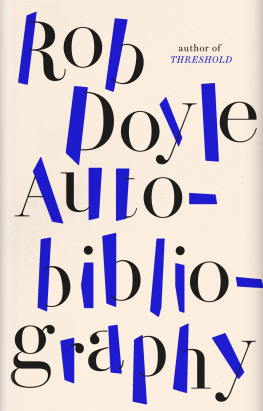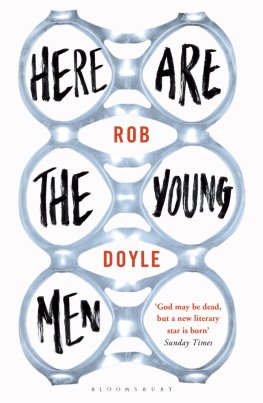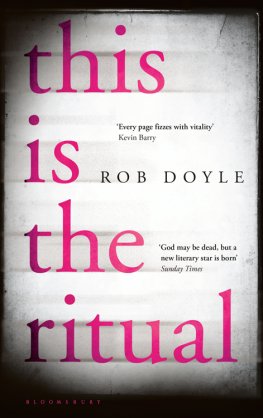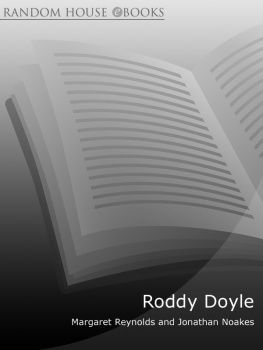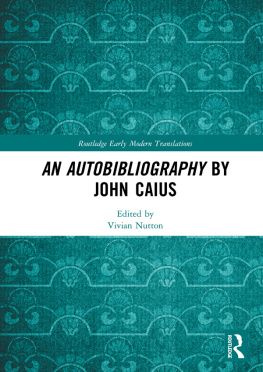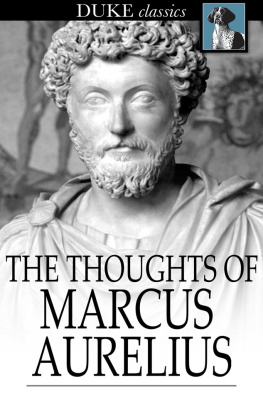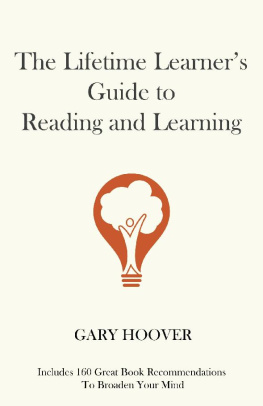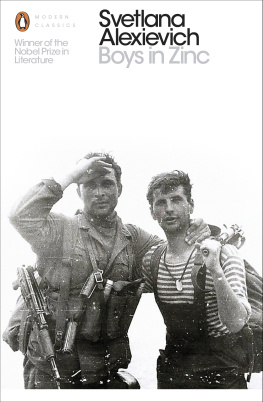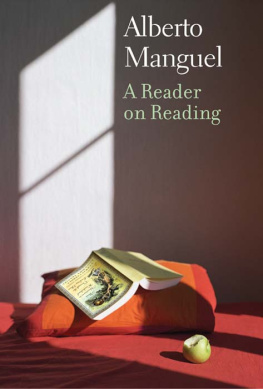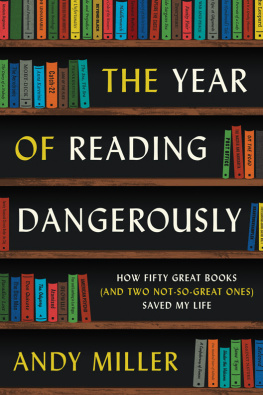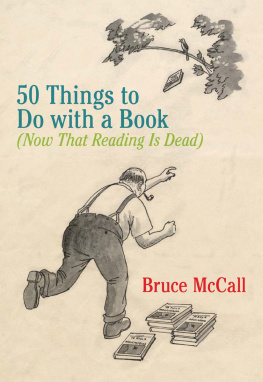The confused medley of meditations on art and literature in which he had indulged since his isolation, as a dam to bar the current of old memories, had been rudely swept away, and the onrushing, irresistible wave crashed into the present and future, submerging everything beneath the blanket of the past, filling his mind with an immensity of sorrow, on whose surface floated, like futile wreckage, absurd trifles and dull episodes of his life.
J.K. Huysmans
I even remember the colour of the Mexican sky during the two days it took me to read the novel.
Introduction
In her book The Writing Life , Annie Dillard asks what it means to live a good life. There is no shortage of good days, she writes. It is good lives that are hard to come by Who would call a day spent reading a good day? But a life spent reading that is a good life.
Theres something to this. Holding a characteristically gloomier view, Michel Houellebecq insists in his revering study H.P. Lovecraft: Against the World, Against Life , that Those who love life do not read. Nor do they go to the movies, actually. No matter what might be said, access to the artistic universe is more or less entirely the preserve of those who are a little fed up with the world.
Theres something to this too. In my case, reading has always served a dual purpose. In a positive sense, it offers sustenance, enlightenment, the bliss of fascination. In a negative sense, it is a means of withdrawal, of inhabiting a reality quarantined from one that often comes across as painful, alarming or downright distasteful. In the former sense, reading is like food; in the latter, it is like drugs or alcohol.
Throughout 2019, I contributed a weekly books column to the Irish Times . The premise was simple: every Saturday I would write about an old book of my choice. The newspapers literary editor published the column with the alternating tag lines A year of Rob Doyles best-loved books, and Rob Doyles year of rereading. The only rules were that I had to choose books written before the twenty-first century, and I had to keep my articles to a word limit of 340. While the latter constraint was often frustrating, I viewed it as a stimulating formal challenge. Could I say something fresh and illuminating about a given book, or at least interestingly convey my enthusiasm, on such a modest canvas? Could I capture something of a books essence, reflect a sliver of its tone and atmosphere, and not waste everyones time by merely writing a glorified summary? Discussing a tome like Moby-Dick at such brevity bordered on the absurd, but the word count forced me to pare down my insights more to the point, my passions till they attained, I liked to think, the book-chat equivalent of haiku condensation.
I wrote the column while I was living in Berlin and on a hiatus from social media, so for much of the time I had no sense of what kind of response it was eliciting. In the autumn, I briefly returned to Dublin to give readings at book festivals. At these events, readers approached and told me they had been following my column. Some of them remarked on the relatively low proportion of fiction I selected, which they found surprising considering that that was the genre in which I had established myself as a writer. True enough, of the fifty-two entries, only twenty-three cover works of fiction and even among these lie a number of generically contestable works (is Alexander Trocchis Cains Book fiction or memoir? Is Geoff Dyers But Beautiful a book about jazz that employs fictive elements, or a fictional work that happens to tell us something about jazz? Is Andr Bretons Nadja really a novel? What about Clarice Lispectors gua Viva ?).
While the project was conceived as a corralling of the books that shaped me as a writer and as a man, it also inevitably reflected my present interests as a reader, and I simply dont read as many novels as I used to. When I was in my twenties, novels were my staple, the primary means by which I understood the world and my place in it. Nowadays, novels are more like the dessert: the main course is large helpings of non-fiction, including criticism, philosophy, aphorisms, history and books about what the internet is doing to me. I have an unslakable thirst for autobiographical writing of all sorts, including diaries and letters. In general I have a predilection for novels that dont act like novels the sort of generically slippy works mentioned above. Regardless of genre, I read for delight and fascination even when these sensations demand a toll, opening old wounds or inflicting new ones. The column is a record of sometimes masochistic enthusiasms.
The oldest work I discuss, the Dhammapada , dates back to the first century bc . Chronologically speaking I then skip to the second century ad (Marcus Aurelius), then on another couple of hundred years to the fifth century (Saint Augustine). I then take a running jump from the eighth to the seventeenth centuries ( The Tibetan Book of the Dead to La Rochefoucauld), before landing at the commencement of modernity in the nineteenth century. The majority of the books I selected forty-two of them were written in the twentieth century, beginning in 1928 and streaking right to the millennial threshold. In fact, I cheated a little with Emmanuel Carrres The Adversary , which was published in 2000 I just really wanted to write about Carrre. I also cheated, slightly and for the same reason, with Roberto Bolaos Antwerp , in that I dated it from the year when it was written (1980) rather than the year it was finally published (2002).

